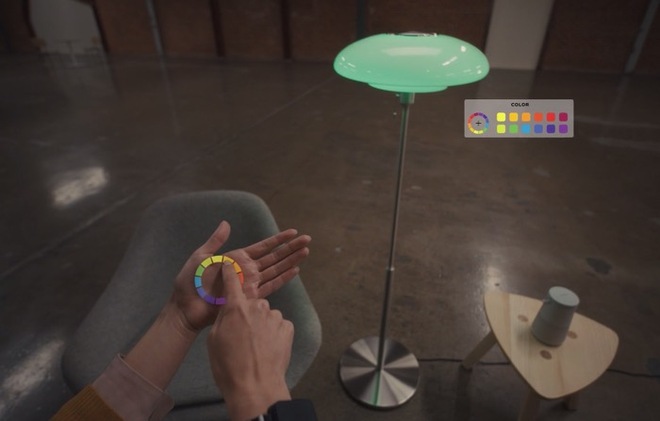Facebook is looking to read your brainwaves
- Tram Ho
It’s basically a bracelet that lets you type without a keyboard (even without moving your fingers!) Or control a few features on the upcoming AR glasses. the firm.
Does that mean that, after years of crawling your shopping activity, Facebook has finally turned to a new stage: starting to read users’ minds?
” I don’t know how to say it clearly: this can’t read your brain ” – Andrew “Boz” Bosworth, Vice President of Facebook Reality Labs, group AR and VR (and Portal) of the social networking giant Assembly, says.
He compared the wearable to a type of computer keyboard: the keyboard clearly doesn’t read your mind, it turns your input into expressions.
In 2019, Facebook acquired tom CTRL-labs, a neural interface startup that has been working on such wearable devices for many years. The wrist wearable we’re talking about in the article has the potential to perfect the augmented reality glasses and other VR technologies that Facebook is developing.
Facebook is currently working on AR glasses, and in a press speech last week it revealed a few examples of how the other wrist-worn device might interact with the glasses. For example, it acts as a virtual assistant during cooking: when you use a recipe, the AR glasses will display a menu with the option “yes / no” to set the time. You can do a squeeze – which Facebook calls a “smart click” – to initiate a timer or other commands.

The examples Facebook has given are familiar to anyone who has been using a voice assistant or smartwatch – things like starting a playlist or placing an order online at a coffee shop. But instead of struggling to open an app on your phone or shouting “hey Siri”, you just need to gently shake your index finger!
But ordering coffee faster is one thing, Facebook’s new technology has enormous implications and implications: for those who have difficulty moving or using their senses, it is. will be a powerful support tool.
Facebook offers another example in which a person is born with several fingers missing on one hand, and the person uses the device to move a computer 3D model of a complete hand moving and holding. catch. However, it should be clear that pseudomembranes (or brain interfaces) for people with limb disabilities or limited mobility have been around for a long time, created by researchers specializing in using for medical use.
Another even more interesting application of this technology is the replacement of a real keyboard for typing – completely eliminating the risk of typing incorrectly by accidentally touching a key.
Obviously, the mistakes Facebook has made in the past have brought reasons for many users to be suspicious of such a device. If you are reading this article and thinking “great”, but then suddenly remember that Apple is developing a similar product and you shout “whoa!”, You are not alone.
In February, BuzzFeed News reported that Bosworth had a talk during a company-wide meeting about integrating facial recognition technology into AR glasses and the legal issues that could be encountered if do.
” I don’t want to be the one to decide how society perceives facial recognition, ” says Bosworth. ” I want society to have a very lively discussion and make conclusions based on accepted social norms, and then I will do so. ”
Bosworth foresaw problems of trust. ” The public still talks about those things. Building trust is not the hardest thing in the world. It takes time. You have to set expectations and make sure they always meet them. come slowly but go very quickly ”
Reference: BuzzFeedNews
Source : Genk
